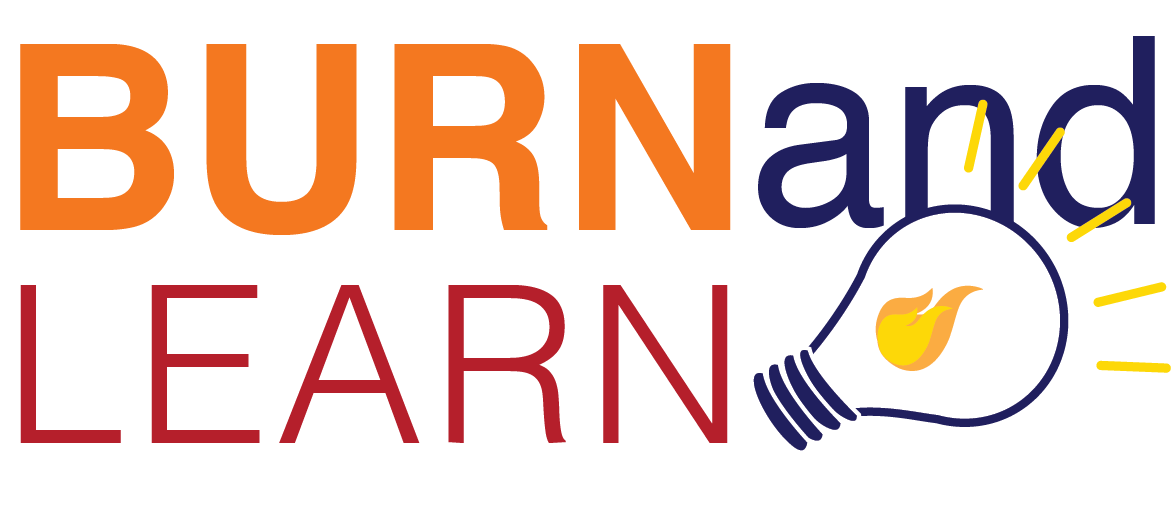Participants in the 2018 Florence’s Biggest Loser competition continue to learn why incorporating more fruits and vegetables into your diet each day is important.
Eating an array of produce, whole grains, beans and legumes not only will increase your daily fiber intake but also will supply your body with important vitamins and minerals that help with daily functioning.
In other words, eating a variety of fruits and vegetables each day not only will allow you to survive but can help you thrive each day.
Found in nature, vitamins and minerals (micronutrients) are important organic and inorganic compounds, respectively, that are essential to the body to support normal human physiological function, growth, development, maintenance and reproductive health.
Vitamins fall into two categories: fat-soluble and water-soluble.
Minerals are divided into categories based on the amount needed for normal function: macrominerals, microminerals and ultratrace elements.
Fat-soluble vitamins are absorbed with fat in the diet and are stored in the body’s fat tissue. Because these vitamins are stored in the body, having an excessive intake can be toxic to the body, therefore it is important to take into account your usual daily intake from foods before considering supplementing with one of these vitamins. (Vitamin content of foods can easily be found online and even on nutrition labels, when applicable.) The fat-soluble vitamins are vitamins A, D, E, and K.
Water-soluble vitamins are able to dissolve in water, are not stored in the body and are excreted through the urine if consumed in excessive amounts. Toxicity is usually not a concern, as the body is able to void itself of the excess. The water-soluble vitamins are vitamin C (ascorbic acid), Thiamin (B1), Riboflavin (B2), Niacin (B3), Pyridoxine (B6), Biotin, Pantothenic acid, Folate and Cobalamin (B12).
As an important note, vegans – individuals who do not consume any animal products (including dairy and eggs) – will need to supplement with Vitamin B12, because B12 is found only in animal sources.
Without adequate intakes of these vitamins (and minerals), deficiencies can occur, resulting in detrimental health issues. Most of the time, eating a balanced diet with a variety of fruits and vegetables (and other foods) does not result in a deficiency, or toxicity for that matter. However, sometimes there is a need for supplementation, in which case a doctor can assist.
During pregnancy, lactation and even when trying to conceive, women should be taking a prenatal vitamin, as the need for folic acid increases for fetal development.
Steaming vegetables is a great way to retain vitamin and mineral content from vegetables, as high-heat cooking can destroy some vitamins. Boiling (or blanching) vegetables can also cause some water-soluble vitamins to leak out of the produce into the water, therefore lowering the vitamin content of the produce being consumed.
Eating fruits and vegetables in their raw form is also an excellent way to maintain micronutrient content.
Keep in mind that variety is a key to a balanced diet and essential to getting the most vitamins and minerals from the foods you eat. Remember to “eat the rainbow,” as the different colors of fruits and vegetables offer different micronutrient varieties and amounts. If there were one “superfood” that gave us everything we need, why would we have so many others around to enjoy?
See the accompanying table that showcases micronutrient functions and examples of food sources. Only a few minerals are listed.
As always, stay in contact with your doctor for optimal health monitoring.
